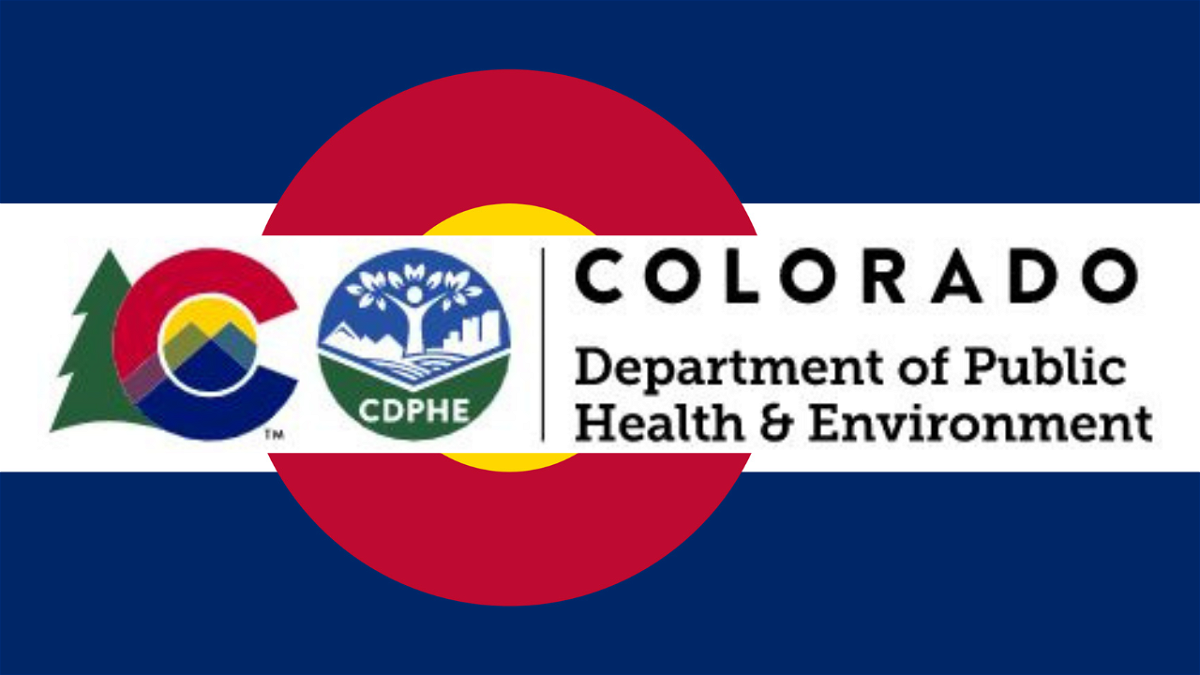State Health Dept. to develop framework for oversight of oil and gas greenhouse emission reductions

COLORADO (KRDO) -- The Colorado Department of Public Health and Environment’s (CDPHE) Air Pollution Control Division is gathering input on new oversight requirements for oil and gas production sites.
The department said the division will include the requirements in a rulemaking to verify that operators are reducing emissions to meet new greenhouse gas intensity standards. “Intensity” is a technical term that refers to the ratio of greenhouse gasses emitted to the amount of oil and gas produced. The Air Quality Control Commission approved those standards in December 2021. The standards take effect statewide in 2025. They will apply to upstream oil and gas operations, which are part of the production stage.
According to the CDPHE, this rulemaking is part of Colorado’s efforts to reduce emissions through the Greenhouse Gas Roadmap and to address the critical issue of climate change. It will define how operators must calculate their greenhouse gas intensity, monitor operations to ensure compliance, and account for emissions. The goal of the intensity program is to reduce the amount of greenhouse gas emitted per unit of production, the CDPHE said. That includes emissions of methane, carbon dioxide, and nitrous oxide.
The CDPHE said the Air Pollution Control Division will seek out and rely upon community input as much as possible when developing the intensity verification rulemaking. The division will hold at least three stakeholder meetings and two public comment meetings. The division will also hold two in-person community meetings.
All meetings will be over Zoom. The current schedule is:
- Wednesday, October 5
- Stakeholder meeting, 9 - 10:30 a.m.
- Wednesday, October 12
- Public comment meeting, 1. - 2:30 p.m.
- Wednesday, November 30
- Stakeholder meeting, 1 - 2:30 p.m.
- Wednesday, December 7
- Public comment meeting, 1 - 2:30 p.m.
- Wednesday, January 11
- Stakeholder meeting, 1 - 2:30 p.m.
Find the meeting registration form here.
You can find more information on Colorado’s efforts to reduce greenhouse gas emissions from oil and gas operations here.
